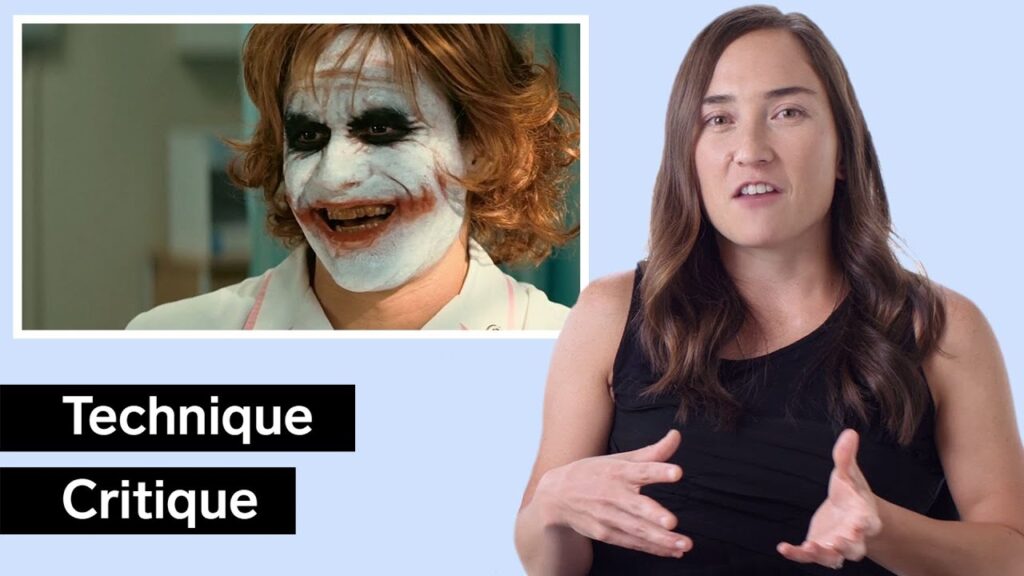Vet Support Q&A with Dr. Molly McAllister and Jac: Insights on Pet Health and Care
Summary
In this Q&A session on Twitter, Dr. Molly McAllister and her dog Jac answer several questions on vet support. They discuss various topics, including the reasons why some animals like squirrels and hedgehogs do not make suitable pets, the cause of hairballs in cats, obesity in pets, and the challenges faced by sugar gliders as pets. They also provide insights on heartworm disease, cancer in dogs, and the importance of brushing a pet’s teeth and trimming their nails.
Table of Contents
- Why squirrels and hedgehogs do not make good pets
- The cause of hairballs in cats and how to prevent them
- Obesity in pets and how to avoid it
- Challenges of owning sugar gliders
- Why hedgehogs are banned as pets in New York City
- Is cat urine toxic?
- Causes of cancer in dogs
- Importance of brushing a pet’s teeth and trimming their nails
- Preventing heartworm disease in pets
- Long-term effects of declawing cats
- Benefits of neutering male dogs
- Grain-free pet food – is it better for your pets?
- Harmful effects of excessive deworming in horses
- Administering medication to cats
Why squirrels and hedgehogs do not make good pets
Q: Can I get my child a squirrel/hedgehog?
A: While these animals may look cute and furry, they do not make good pets. Squirrels, in particular, are wild animals and cannot be kept as pets in many places. They are not domesticated and can be unpredictable, and their sharp claws and teeth can cause injury to humans. Hedgehogs, on the other hand, have specific dietary and environmental needs that can be difficult to meet in a domestic setting. Additionally, hedgehogs are illegal to own as pets in some places, like New York City.
The Cause of Hairballs in Cats and How to Prevent Them
Q: Why do cats get hairballs?
A: Hairballs form when cats groom themselves and ingest hair that accumulates in their stomach. Hairballs can be problematic, causing issues like vomiting, constipation, and intestinal blockages. To prevent hairballs, it’s important to groom your cat regularly to remove shedding hair. Additionally, providing your cat with a balanced diet with adequate fiber can help prevent hairballs from forming.
Obesity in Pets and How to Avoid It
Q: How can I help my overweight pet?
A: Obesity is a prevalent issue for pets today, and it has several adverse health effects. To help your overweight pet, start by consulting with your veterinarian to determine an appropriate diet plan and exercise regimen for your pet’s breed, age, and weight. Avoid feeding your pet table scraps or excessive treats, and monitor their calorie intake. Finally, make sure they are getting enough exercise – daily walks, games, or other physical activities are important.
Challenges of Owning Sugar Gliders
Q: Are sugar gliders good pets?
A: As with all pets, sugar gliders have specific requirements to live happy, healthy lives. Sugar gliders are social creatures and require a lot of companionship from other gliders or humans. Raising them can be challenging, as they require an appropriate diet, exercise, and care. Thus, they may not be suitable for everyone.
Why Hedgehogs are Banned as Pets in New York City
Q: Why are hedgehogs illegal in New York City?
A: In 1996, the New York City Board of Health added hedgehogs to the list of animals banned as pets. The risk of transmitting disease, as well as the high-maintenance needs of the animal, were cited as the reasons for the ban.
Is Cat Urine Toxic?
Q: Is cat urine toxic?
A: Cat urine can be toxic if it contains high levels of ammonia, which can cause respiratory issues and other health problems. To keep your home healthy, it’s important to frequently clean your cat’s litter box and avoid using chemical cleaners that can irritate the respiratory system.
Causes of Cancer in Dogs
Q: How do dogs get cancer?
A: Cancer in dogs can result from various causes, including genetics, the environment, and lifestyle factors like poor diet and excessive exposure to chemicals. Recognizing early signs of cancer in dogs, such as lumps, unexplained weight loss, or weakness and fatigue, is vital for early intervention and treatment.
Importance of Brushing a Pet’s Teeth and Trimming Their Nails
Q: Is it important to brush my pet’s teeth, and how often?
A: Yes, it is important to brush your pet’s teeth to prevent gum disease and decay. The frequency of brushing depends on the pet’s breed and age, as well as other factors like diet, lifestyle, and oral health history. Trimming your pet’s nails is also crucial to prevent painful, overgrown nails, which can lead to lameness, deformities, or infections. Consult with your vet to determine the right frequency for your pet’s grooming needs.
Preventing Heartworm Disease in Pets
Q: What is heartworm disease, and how can I prevent my pet from getting it?
A: Heartworm disease is a serious, sometimes fatal, parasitic disease that affects dogs, cats, and other animals. The disease is spread by mosquitoes, and it can be prevented by using heartworm preventative medication every month of the year. Avoiding mosquito-infested areas, keeping pets indoors during peak mosquito hours, and discussing heartworm prevention with your vet are some additional ways to prevent heartworm disease.
Long-Term Effects of Declawing Cats
Q: Is it okay to declaw my cat?
A: Declawing cats is a controversial practice that involves amputating the end of their toes. Declawed cats can experience long-term chronic pain, affecting their quality of life. It may also cause behavioral issues like litter box avoidance, aggression, and self-mutilation. Scratching posts, clipping nails, or covering furniture in protective material are common alternatives to declawing.
Benefits of Neutering Male Dogs
Q: Should I neuter my male dog?
A: Yes, neutering male dogs can prevent overpopulation, diminish their likelihood of roaming, and decrease their chances of being hit by a car. It can also decrease the risk of certain cancers and behavioral issues like aggression and marking. Consult with your vet to determine the right timing for neutering, as it can vary depending on breed, age, and health factors.
Grain-Free Pet Food – Is It Better for Your Pets?
Q: Is grain-free pet food better for my pet?
A: Not necessarily. Grain-free pet food has been marketed to appeal to consumers who see gluten-free diets as a healthier option. However, the most important aspect of pet food is the overall nutrient profile, which should be discussed with a veterinarian. Grain-free diets may also be linked to heart disease in dogs, so it is important to choose your pet food after consulting with your vet.
Harmful Effects of Excessive Deworming in Horses
Q: Is it necessary to deworm my horse regularly?
A: Deworming horses when there is no evidence of parasites present can lead to drug resistance and harm to the horse’s digestive system. Instead, routine fecal exams can help identify parasite infestations, and deworming can be tailored to the horse’s needs. Consulting with your vet on a deworming schedule for your horse is recommended.
Administering Medication to Cats
Q: How can I get my cat to take medication?
A: Administering medication to cats can be challenging, particularly if it involves oral medication. Suitable treats or a pill gun may be used to make the process easier. Discussing alternatives like transdermal medication or suspensions with your veterinarian is also recommended.
Conclusion
Dr. Molly McAllister and Jac provide valuable insights on various aspects of pet health and care in this Q&A session. From highlighting the importance of regular grooming and teeth brushing to discussing the harmful effects of certain practices like declawing cats and excessive deworming, they emphasize the significance of consulting with a veterinarian for any pet-related issues. By staying informed and understanding your pet’s specific needs and requirements, you can help them live a healthy, happy life.







